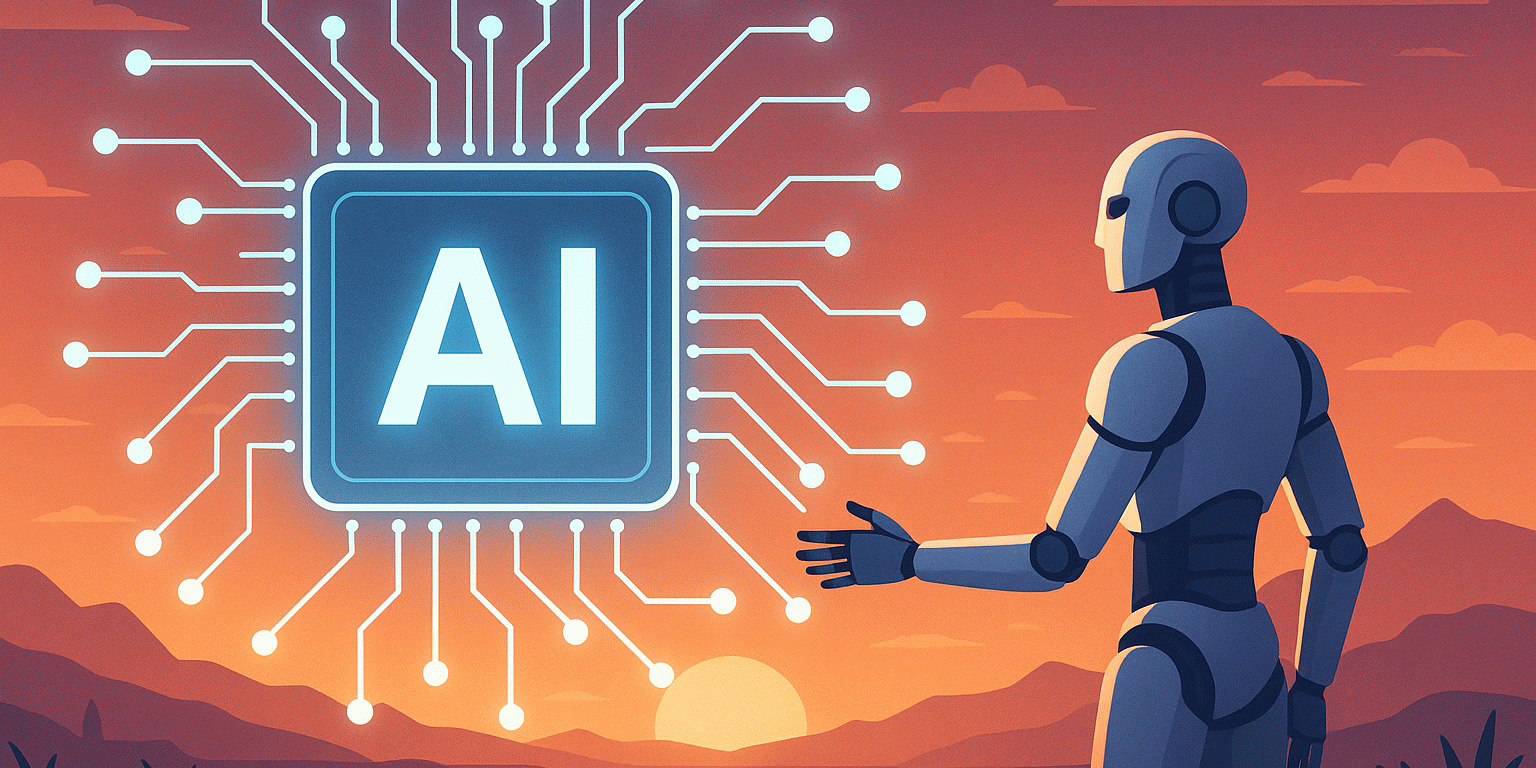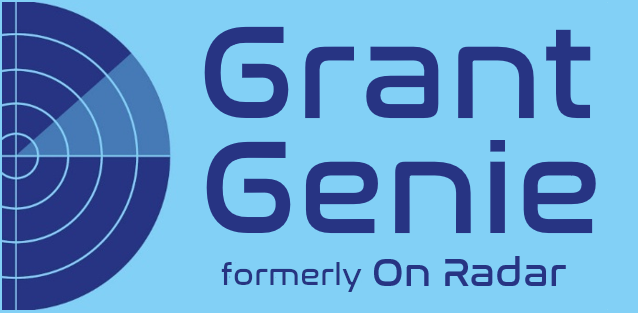 arrow_back
edit
arrow_back
edit
Leveraging AI Platforms for Charities
A Comprehensive Comparison of the main AI Platform
Artificial Intelligence (AI) is transforming various sectors, and the charity sector is no exception. AI platforms can help charities streamline operations, enhance donor engagement, and improve service delivery. This article explores how four prominent AI platforms—ChatGPT, Gemini, Claude, and Perplexity—can be beneficial for charity workers both professionally and personally.
AI Platforms for Charities
ChatGPT
ChatGPT, developed by OpenAI, is a versatile language model designed to generate human-like text based on user inputs. It can be integrated into various applications such as chatbots, virtual assistants, and customer support systems.
Professional Use Cases:
- Donor Engagement: ChatGPT can automate responses to donor inquiries, providing timely and accurate information without the need for constant human oversight. This can enhance donor satisfaction and retention.
- Content Creation: It can assist in drafting newsletters, social media posts, and grant proposals, saving time and ensuring consistency in communication.
- Support Services: ChatGPT can be used to triage support requests, directing beneficiaries to the appropriate resources or personnel, as seen with the British Heart Foundation's chatbot.
Personal Use Cases:
- Idea Generation: For charity workers experiencing writer's block, ChatGPT can provide creative prompts and ideas for various projects.
- Learning and Development: It can serve as a personal tutor, helping individuals learn new skills or understand complex topics related to their work.
Gemini
Gemini, formerly known as Bard, is Google's AI platform that offers a wide range of functionalities, including text generation, data analysis, and more.
Professional Use Cases:
- Volunteer Management: Gemini can match volunteers' skills and interests with suitable opportunities, track volunteer hours, and generate reports on volunteer programs.
- Data Analysis: It can analyze large datasets to provide insights into donor behavior, campaign effectiveness, and operational efficiency, helping charities make data-driven decisions.
Personal Use Cases:
- Time Management: Gemini can help charity workers organize their schedules, set reminders, and manage tasks more efficiently.
- Skill Development: It offers resources and tools for personal growth, such as coding tutorials or language learning modules.
Claude
Claude, developed by Anthropic, is another advanced AI language model designed to assist with a variety of tasks through natural language
processing.
Professional Use Cases:
- Policy Drafting: Claude can help draft policies and procedures, ensuring they are comprehensive and compliant with regulations.
- Research Assistance: It can conduct literature reviews, summarize research papers, and provide insights on best practices in the charity sector.
Personal Use Cases:
- Professional Development: Claude can recommend courses, articles, and books to help charity workers stay updated with industry trends.
- Personal Projects: It can assist with personal writing projects, such as blogs or articles, by providing structure and content suggestions.
Perplexity
Perplexity AI is designed to provide quick, accurate answers to user queries, making it a valuable tool for both professional and personal use.
Professional Use Cases:
- Information Retrieval: Perplexity can quickly gather information on potential funders, grant opportunities, and industry news, saving time on research.
- Decision Support: It can provide data-driven recommendations for strategic decisions, such as which programs to prioritize or how to allocate resources effectively.
Personal Use Cases:
- Learning Aid: Perplexity can answer questions on a wide range of topics, making it a useful tool for continuous learning and self-improvement.
- Daily Assistance: It can help with everyday tasks, such as finding recipes, planning travel, or even troubleshooting technical issues.
AI platforms like ChatGPT, Gemini, Claude, and Perplexity offer a wealth of opportunities for charities to enhance their operations and support their missions. By leveraging these tools, charity workers can improve efficiency, engage more effectively with donors and beneficiaries, and continue to grow both professionally and personally. As AI technology continues to evolve, its potential to drive positive change in the charity sector will only increase.
Updated: 21st Jun 25

